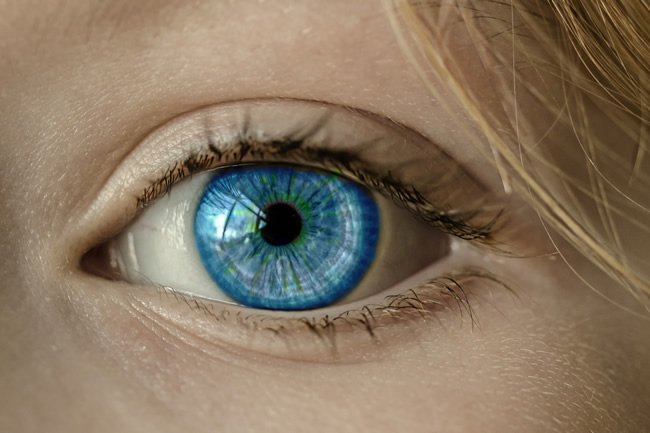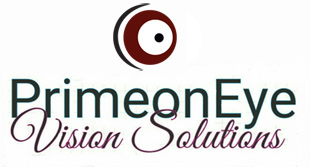Between the ages of 40-45 years, most people suffer from the refractive error presbyopia. In Greek this is the word for ‘aging eye.’ It occurs when the natural eye lens becomes less elastic and the muscles that pull it into focus become less powerful. The eye in order to see objects at different distances needs to change its focal power.
Muscles in a young eye contract to relax the ‘jelly like’ lens, changing its focal point. As we get older our lens continues to grow. Layers of fibres are laid down making the lens less flexible. Even when the muscles fully contract the lens no longer bulges out.

Symptoms of Presbyopia
As presbyopia develops, the ability to adjust to vision at various distances continues to decrease. The most common symptom is that near objects appear blurry and difficult to focus on. If you have this condition, you may feel that your eyes are tired when you have been concentrating on something such as a book or computer screen. This can be particularly noticeable and problematic when lighting is low in the room. You may find it increasingly difficult to focus from far to near and from near to far. You may find yourself continuously moving a book or your head when you are reading so that you can focus properly. Typically, people with presbyopia require reading glasses for close-up work.
Presbyopia can affect everyone. However, if you are longsighted you may begin to lose both your distant and near vision at the same time. This is because your eyes are failing to compensate. If you have good general vision or if you are short sighted, presbyopia may not be as problematic.
Treatment for Presbyopia
There are a number of ways of improving vision if you suffer from presbyopia, including:
- Glasses
- Contact Lenses
- Blended Vision Surgery
- Monovision Surgery
- Multifocal lens Surgery
We are ready to discuss with you the most suitable solution.
Consult us for more advice and help.
